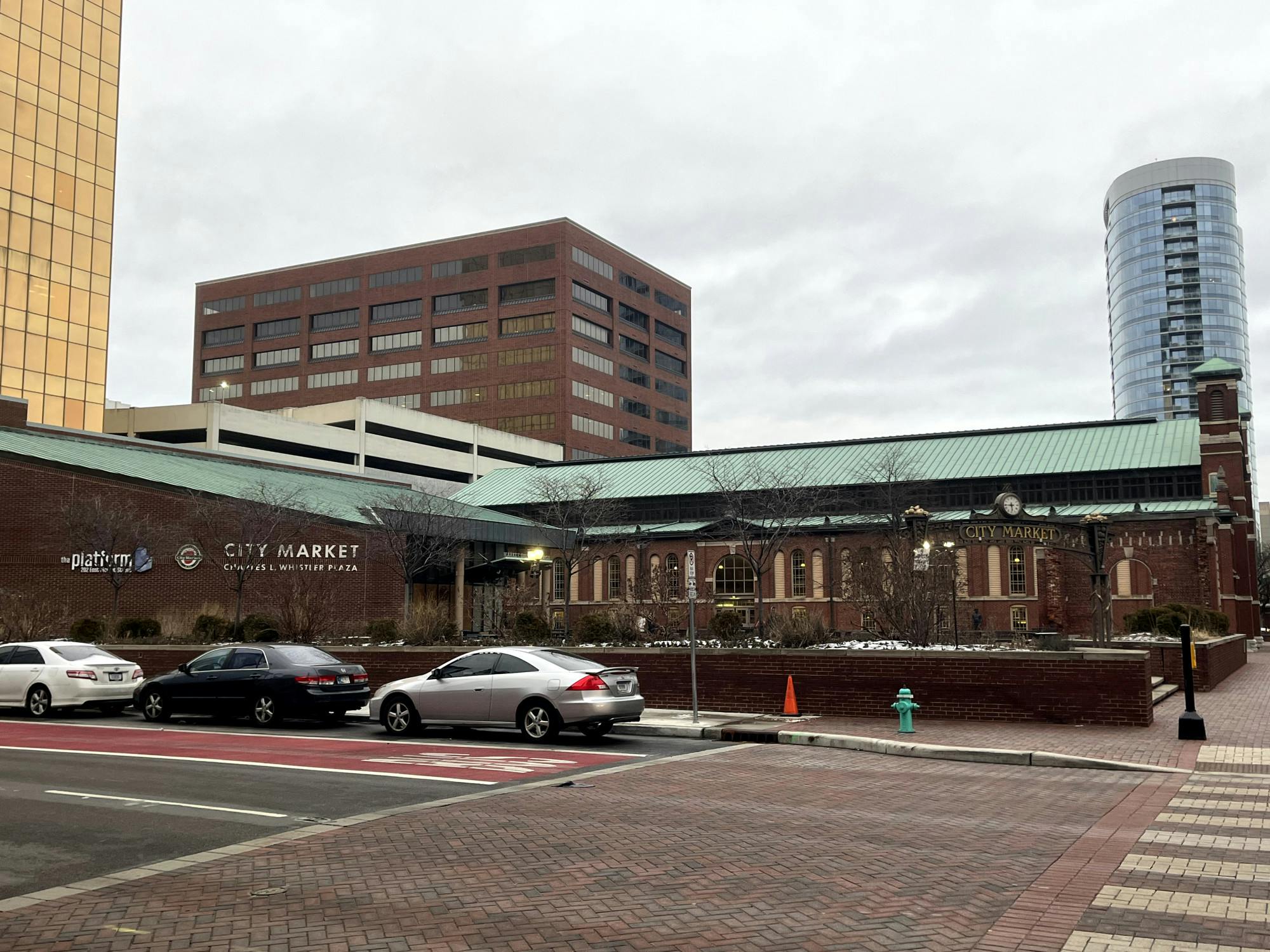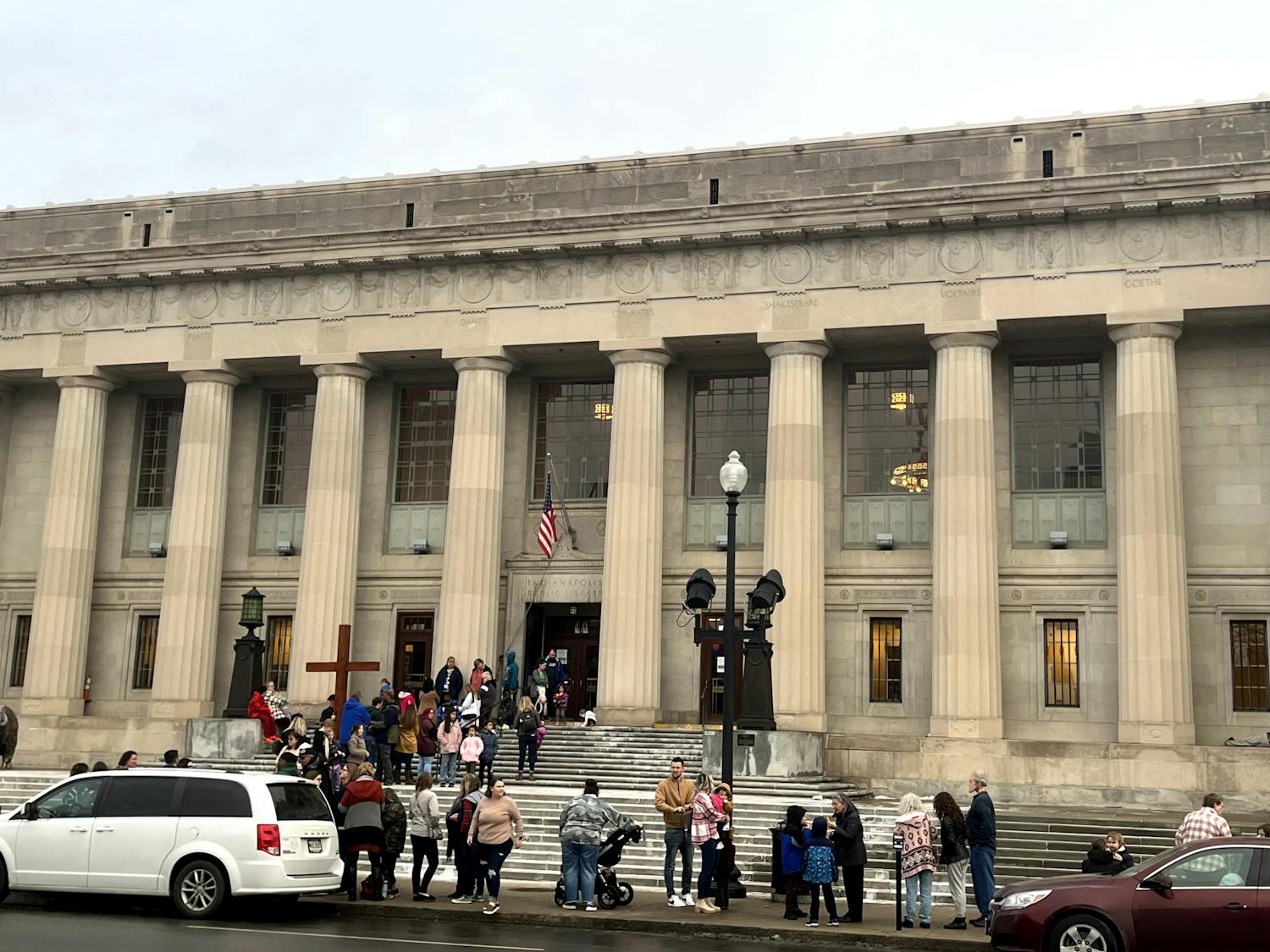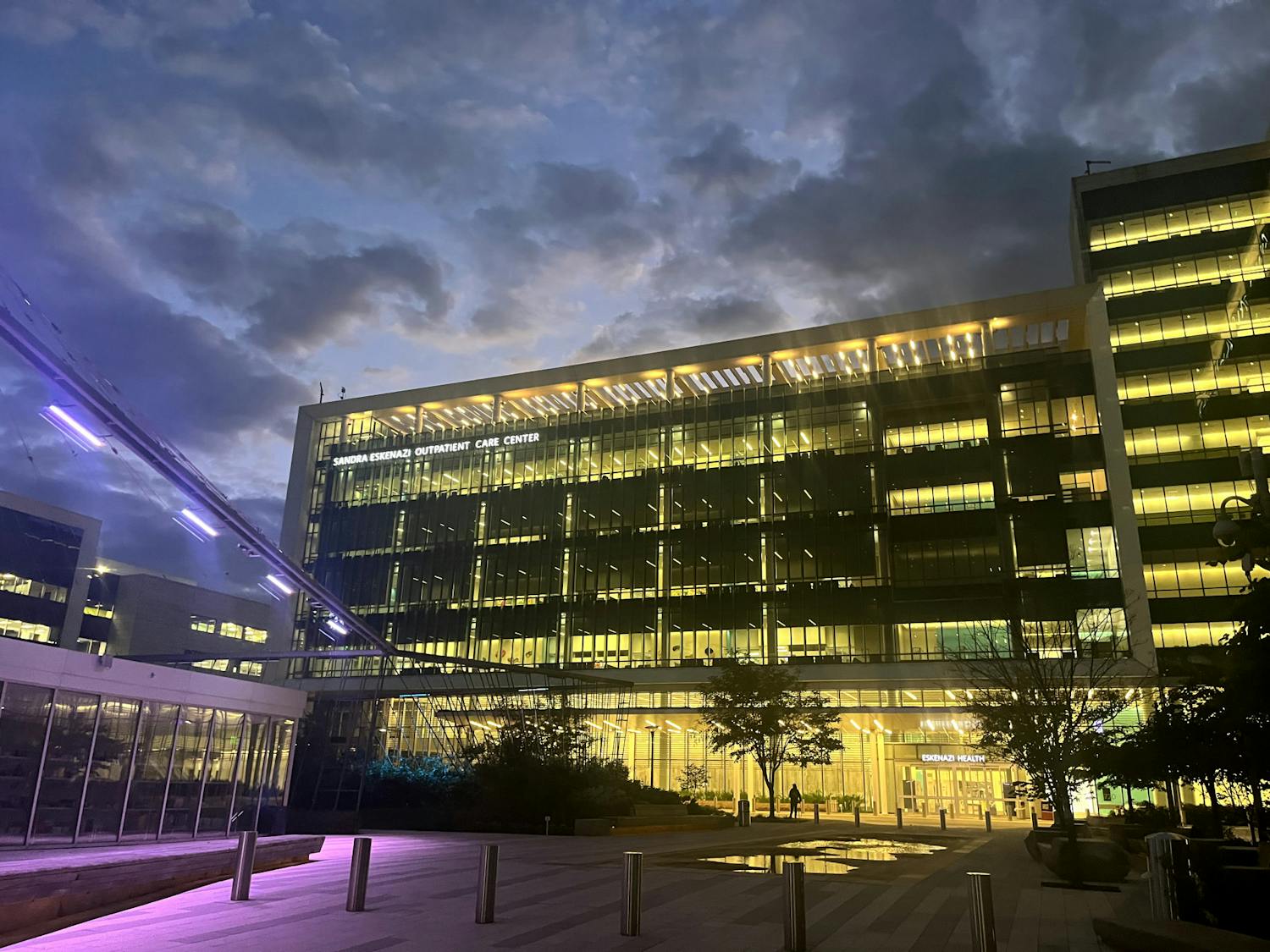Questions:
0:04 - In addition to getting a J.D. from the IU School of Law in Bloomington, you got a Master of Divinity degree from Christian theological seminary. Did you always intend on getting involved in politics? If not, what sparked that for you and what has kept you going, even changing your mind to run for a third term as mayor?
2:52 - Can you briefly summarize what you view as your biggest accomplishments and what inspired them during your first two terms as mayor, especially those you feel might be beneficial to students and young adults?
5:06 - The late Richard Lugar, who was instrumental in the formation of unigov, oversaw IU and Purdue merge to form IUPUI in 1969. Winning reelection would ensure you oversee their official split in 2024. Now, I’m sure you’ve probably seen the preliminary plans released by IU for new buildings on the northeast side of the campus. What do you think the role of the city is in equitably supporting the growth of the campus and its role in the community as they split once more?
7:53 - Now, going back to your campaign, You have a pretty big war chest, over $2,000,000 I think, a number of the larger donations coming in from Real Estate and Construction executives among others. On that note, I wanted to talk a bit about the redevelopment plan put together for downtown locations such as City Market. First off, how does the city determine which businesses to partner with for redevelopment, and how does the city plan on preserving the historic and cultural characteristics of these sites while constructing these new residential districts downtown?
11:17 - Has there been any investments recently or are there any investments planned for the west side and other neighborhoods in addition to downtown?
14:45 - Secondly, I have seen a number of historic buildings, especially churches, and historically African-American ones at that, being converted into relatively expensive apartment complexes or hotels lately in downtown Indianapolis, at the same time as a pretty large number of outside investors are buying up Indianapolis houses to rent, which some have blamed for an increase in housing prices. Should young Indianapolis residents fear that this new residential district will lead to more expensive rent and housing, higher property taxes, and gentrification, or does the city have a plan to ensure the affordability of this district?
16:51 - Now, finally, there appears to be a lot of apathy and disillusionment with politics among young people in general. I read your interview with FOX 59 where you said you weren’t interested in pursuing higher office because you didn’t think Washington D.C. got much done… that local offices are where real change happens. How do you think local candidates and officeholders can get more young people to realize that, and get involved?
On Nov. 15, Indianapolis Mayor Joe Hogsett announced his intention to run for a third term, despite supporting term limits during his 2015 campaign.
On Jan. 11, he discussed with The Campus Citizen more about his vision for the future of the city.

His involvement in the community, downtown redevelopment plans and other “unfinished business” were cited as reasons for changing his mind about running for a third term.
Market Square Center is one area planned for redevelopment. Colloquially known as the “Gold Building,” the city plans to convert it into a residential complex.
Hogsett explained that it was necessary to establish a balance between new investment in the neighborhoods of Indianapolis and protecting existing homeowners, especially in and around the downtown neighborhoods.
“We want to encourage neighborhoods to continue to evolve,” he said. “In fact, part of my campaign for mayor back in 2015 was to emphasize taking the success of downtown and then investing it back into the neighborhoods to ensure continuity and, consistency across the board for policies that encourage new investment, and at the same time to protect the interests of those homeowners who have called those neighborhoods, their home for many, many years. It's not easy.”
One way Hogsett protected those homeowners was by providing tax credits and reinvesting in communities most in need. Additionally, he talked about the Indy Achieves scholarship and the Raising Indianapolis Schools to Excellence (RISE Indy) program that benefit students as the population of young Indianapolis residents grows.
Hogsett also hoped that the split between IU and Purdue at IUPUI would incentivize even more talented young people to come to the city.
“I think that the presence of both Indiana University and Purdue University in the city of Indianapolis, and the enhancements that separation will bring to both universities will do nothing but help enrich and enliven the quality of life in Indianapolis and frankly, help attract more young people to the city of Indianapolis," he said. "The economic development of the 21st century is all about talent, attraction, recruitment, and retention. I think IU-Indianapolis and Purdue University will be a talent magnet for young people across the country. And that's good for the city.”

Market Square
Hogsett, who was a former federal prosecutor, mentioned his administration’s focus on criminal justice reform, although he has also emphasized maintaining a well-funded and well-trained police force.
“The criminal justice reform that we've engaged in with the Community Justice campus has modernized our facilities for the treatment of and emphasis on substance abuse, mental illness and related issues, I think is a step forward.”
He is also well-known for his emphasis on bipartisanship, although the Democratic party holds a supermajority on the city-county council.
Nevertheless, he has been criticized on crime by both Democrats and Republicans.
He faces a Democratic primary challenge from community activist Gregory Meriweather and state representative Robin Shackleford. In addition, his potential challengers on the Republican side include pastor James Jackson, business owner John Couch, and political commentator Abdul-Hakim Shabazz, although Hogsett appears to have the largest amount of funds available for the campaign by far.
Hogsett was clear about how local leaders could get more young people involved.
“I would encourage all local leaders, as well as young people to be physically present in the community,” he said. “I have a schedule that takes me throughout the community, on a daily basis. And I think at the end of the day, that will go a long way toward making sure that people stay engaged and that new ways of tackling age-old problems are contemplated and enacted, and hopefully make a profound difference.”
According to him, local politics is where real change happens.
“I really do believe that local government profoundly impacts the lives of the residents of those localities, more than any other level of government ever will, “he said. “And that's why I have found in the seven years that I've served as mayor, that there is more engagement, there's more responsibility, and there's a greater back and forth between local leadership and local communities and local neighborhoods. Washington is just so far away. And, frankly, even people who occupy the Statehouse sometimes find it difficult to overcome the physical distance that exists between their offices, and the people that they are charged with the responsibility of serving.”
Lastly, he reflected on his own experience telling an anecdote about what had happened before the interview.
“I was running a little late for this phone call because I needed to stop on the way home at a local drugstore to pick up a prescription,” he said. “And what happened, I got involved in three different conversations with people who ‘saw the mayor.’ And, you know, if you're standing in a CVS waiting on a prescription to be filled, and three people come up to you… and they want to talk to you about issues of importance to them, you're there. Sometimes it takes you longer to answer people's questions than it does to do your shopping. And that's what makes local government I think so resilient is because you are literally out amongst the people that you're elected to serve. I think it keeps you responsive. I think it keeps you vibrant. I think it keeps you sensitive to the concerns of the people. And I hope all of those things combine to make you a better public official.”
CORRECTION: IU and Purdue officially merged in 1971, not 1969 as stated in the interview.
Jacob Stewart is a junior majoring in neuroscience at IUPUI. He has been writing for The Campus Citizen since the Fall of 2021, and has been the campus editor since Spring of 2022. He thinks local politics are pretty cool, but he wishes more party events were free to attend.




